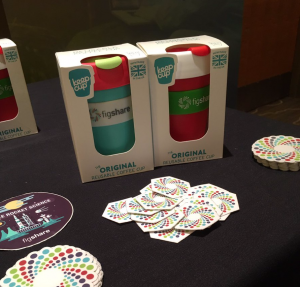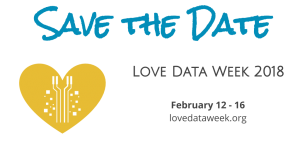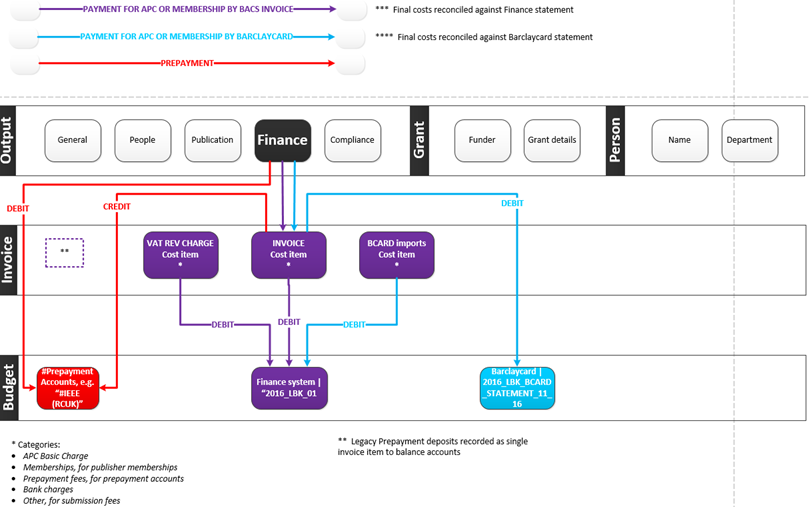To coincide with Love Data Week 2018, we are launching a new blog series called ‘Data Matters – data stories from Brunel’ where Brunel researchers are invited to share their data stories about their research and how they manage, share and use open data.
 Kanya Paramaguru, a PhD student in the Department of Economics and Finance.
Kanya Paramaguru, a PhD student in the Department of Economics and Finance.
Tell is about your research and the data you work with.
I am a 2nd year doctoral student in the Department of Economics and Finance. I work in the field of Macroeconomics which involves looking at the economies of countries. The data that I use is in the form of Government statistics that aim to describe the economy. This data is usually available publicly through the websites of the Government statistical agencies. Understanding this data has wider public value for many different reasons. One that I can mention is one of public accountability. A deeper understanding of Government statistics by the General Public would help us to hold Politicians to account, when they make certain claims about the health of the economy.
Are there any data challenges associated with your research, in particular around managing, sharing or reusing open data?
As already mentioned , I am fortunate to not have to collect any data myself as I am using third party sources. However, there are occasionally some issues when using third party data. Understanding the calculations that were done to create the series is often information that is a bit tricky to access. As I am looking at the statistics of various countries, I need to ensure consistency between the different data sources that I use. Ensuring consistency between the methodology of data between different countries can sometimes be tricky.
How have you overcome these challenges?
I would usually have to look in to the meta-data of the dataset to read what the statisticians methodology and definition of each series is and check if the same methodology was used across countries. This meta-data is often available along with the main data source, however, if for whatever reason I either cannot find it or access it, I often contact the third part source directly. If you are using third party data , and anything is unclear I would suggest you contact the organisers of the source of the data. I have found that being proactive in communicating with third parties about their data has led to clarification on the data which the party often did not realise was unclear. This has benefits for everyone using the data. It is sometimes even an opportunity to share your research ideas with other organisations.
What data management advice would you give to a first year doctoral student?
Starting to think about data early on is a really good idea. It can often shape the research idea itself, as research is hard to carry out without the availability of corresponding data. Thinking through the data process methodologically is a useful habit to develop. This involves steps on thinking about data harvesting, data management, ethics (if applicable) and ensuring readability over time. Talking to your supervisor about data management can be a useful thing to do as they might have some tips for you, depending on the kind of data that you are working with.

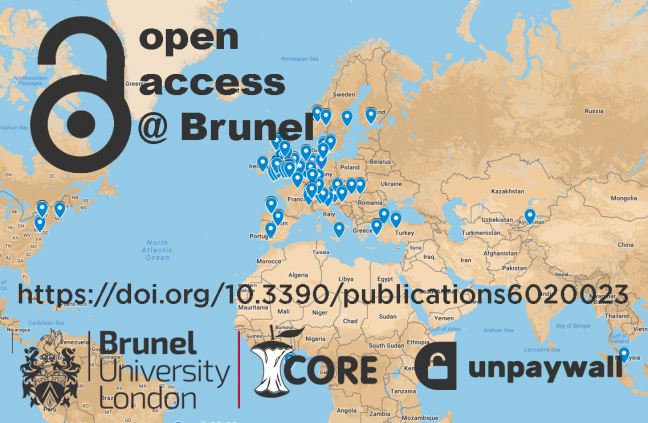
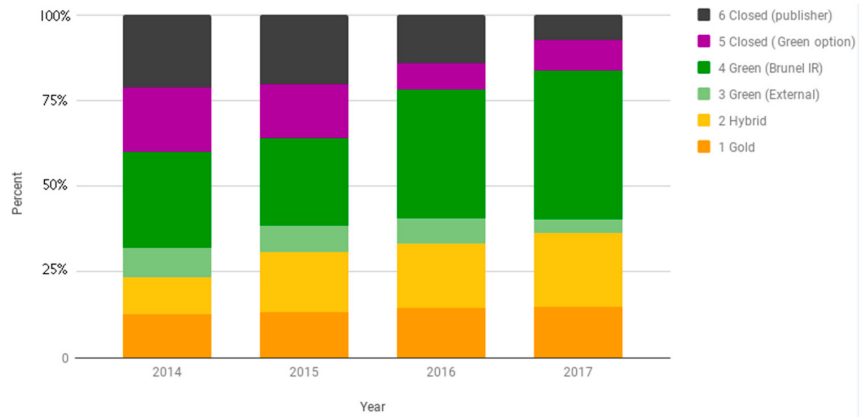
 Dr Nana Anoyke is a Senior Lecturer in Health Economics and is Director of Research for the Department of Clinical Sciences.
Dr Nana Anoyke is a Senior Lecturer in Health Economics and is Director of Research for the Department of Clinical Sciences. Kanya Paramaguru, a PhD student in the Department of Economics and Finance.
Kanya Paramaguru, a PhD student in the Department of Economics and Finance.